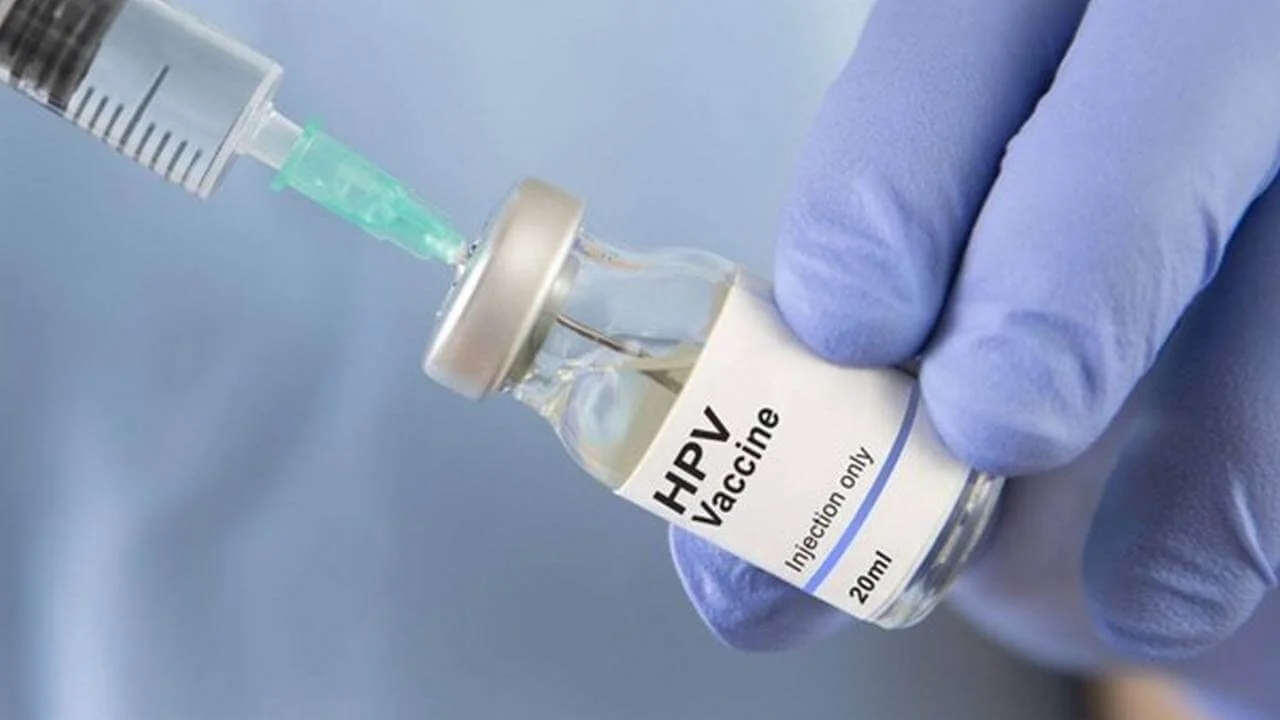Pakistan Launches HPV Vaccine Drive to Protect Girls
Pakistan introduces the HPV vaccine to shield millions of girls from cervical cancer, joining global efforts to eliminate the disease.

Pakistan has taken a historic step in women’s health by launching its first nationwide campaign to provide the human papillomavirus (HPV) vaccine. The initiative, led by the Federal Directorate of Immunization with support from the World Health Organization (WHO), Gavi, the Vaccine Alliance, and UNICEF, aims to protect 13 million adolescent girls from cervical cancer.
A Global Effort Against Cervical Cancer
Cervical cancer, caused primarily by persistent HPV infection, remains a major health threat worldwide. Every two minutes, a woman dies from the disease, including thousands in Pakistan each year. The HPV vaccine is a proven preventive tool that has already been introduced in over 150 countries. Now, Pakistan joins these global efforts, committing to the World Health Assembly’s goal of eliminating cervical cancer as a public health problem by 2030.
WHO’s Representative in Pakistan, Dr. Dapeng Luo, emphasized that the HPV vaccine is both safe and effective, with decades of evidence supporting its role in preventing cervical cancer. He highlighted the campaign as an investment not only in the health of individual girls but also in the wellbeing of their future families and the broader community.
Campaign Rollout and Training
The vaccination drive targets girls aged 9 to 14 years, the group most likely to benefit from early immunization. Over 49,000 health workers trained by WHO are being mobilized to deliver the vaccine across Punjab, Sindh, Pakistan-administered Kashmir, and Islamabad in the first phase. The government plans to expand the program gradually, reaching Khyber Pakhtunkhwa in 2026 and Balochistan and Gilgit-Baltistan in 2027.
The campaign will operate through fixed centers, schools, outreach sites, and mobile vaccination teams to ensure access for girls in remote and underserved areas. The vaccine will be provided free of charge to all eligible recipients, reflecting the government’s commitment to equity in healthcare.
A Step Toward Routine Immunization
Beyond the initial campaign, the government intends to integrate HPV vaccination into Pakistan’s routine immunization schedule for 9-year-old girls. The long-term goal is to achieve at least 90% coverage among eligible girls, ensuring sustained protection against cervical cancer for future generations.
Federal Health Minister Syed Mustafa Kamal urged parents to support the program by ensuring their daughters receive the vaccine. He reassured families of its safety and effectiveness, cautioning against misinformation campaigns that often undermine vaccination efforts.
Partners in Women’s Health
The initiative has drawn praise from global health organizations. Thabani Maphosa, Chief Country Delivery Officer at Gavi, underscored that a single dose of the HPV vaccine can prevent most cervical cancer cases. UNICEF’s Representative in Pakistan, Pernille Ironside, called the campaign a “historic step” that will enable millions of girls to grow and thrive free from the fear of a preventable disease.
By embracing HPV vaccination, Pakistan not only aligns itself with global health strategies but also invests in the wellbeing and empowerment of its young women. The campaign reflects a future-oriented vision where cervical cancer no longer claims lives unnecessarily.
This article has been fact checked for accuracy, with information verified against reputable sources. Learn more about us and our editorial process.
Last reviewed on .
Article history
- Latest version
- Last updated by Dayyal Dungrela, MLT, BSc, BS
Reference(s)
- World Health Organization. “Pakistan joins 150 countries to protect 13 million girls from cervical cancer with WHO-prequalified vaccine.” World Health Organization <https://www.emro.who.int/pak/pakistan-news/pakistan-joins-150-countries-to-protect-13-million-girls-from-cervical-cancer-with-who-prequalified-vaccine.html>.
Cite this page:
- Posted by Nida Hayat Khan